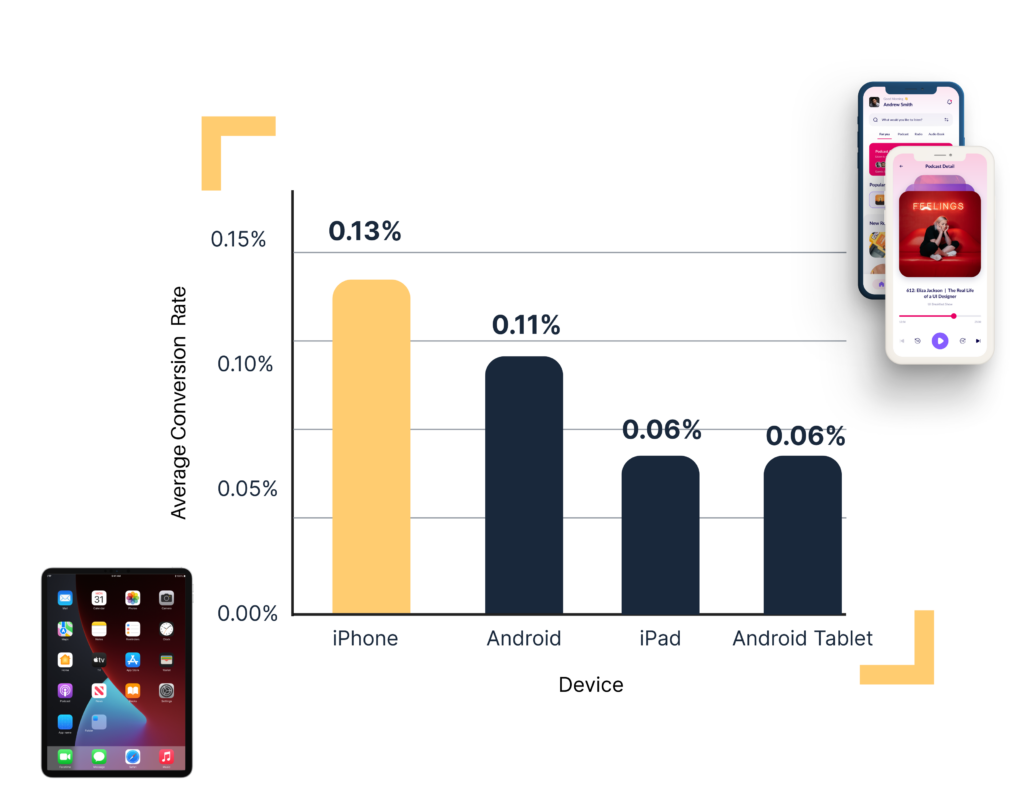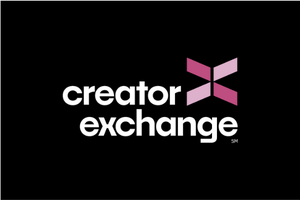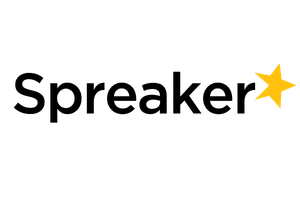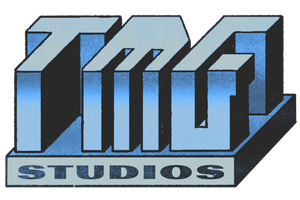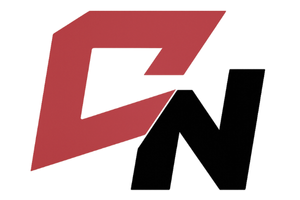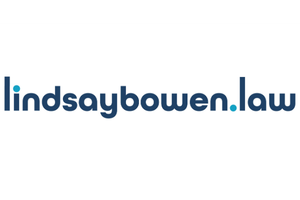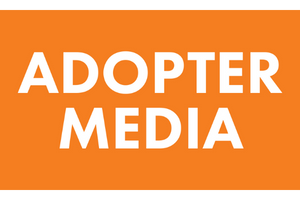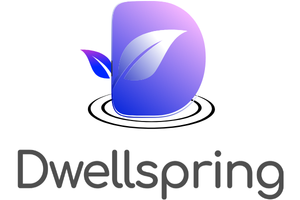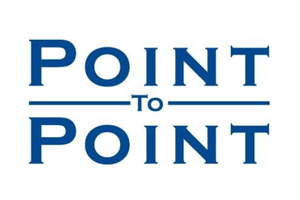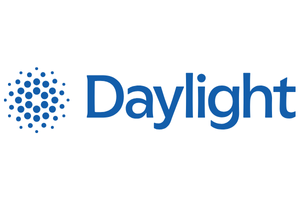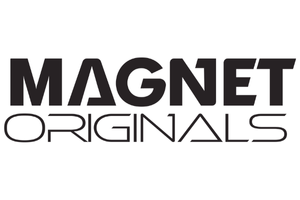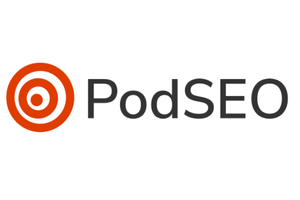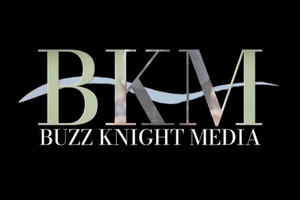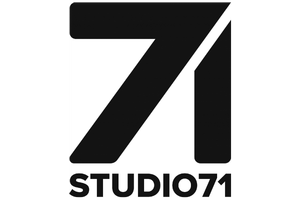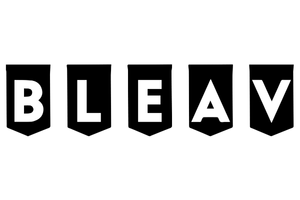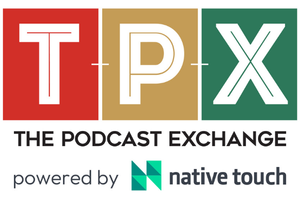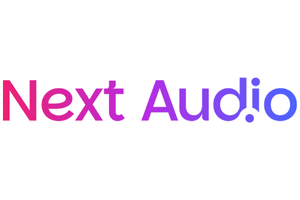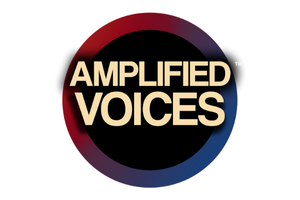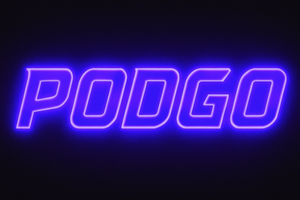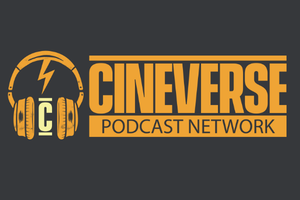This Week in the Business of Podcasting
What a weekend! The Sound Summit at SXSW was a whirlwind (more on that in our first story), and podcasting in general has made a splash at the conference. With that in mind, let’s dive into the news this week.
Building a Better Umbrella for Podcasting
This Wednesday Bryan Barletta published a postmortem on the Sound Summit official day of podcasting at SXSW. The event featured four panels and two networking events all centered on the business of podcasting. A quote from Barletta:
“Our goal was to be entertaining and educational without any pitching. To craft a compelling experience for those already deep in podcasting, while at the same time providing a great entry point for new brands and publishers. And I think we succeeded.”
When summarizing what made the Sound Summit content stand out, Barletta throws to a quote from Byron Ashley, President of Settebello Entertainment:
“It’s the fact that podcasts are under the umbrella [at SXSW] vs being the umbrella at a podcast event. Sometimes it’s more validating to be a fish in the pond than to have your own pond.”
With the event over and all four panels uploaded for free on both Sounds Profitable’s website and YouTube, now it’s time to look forward towards more places for podcasting to be under an umbrella and make a name for itself as an industry. If all goes well, 2024 will be the last year podcasting does not have an official track at SXSW.
Podcasting’s Portion of the “Audio Clock”
This Monday, from Cumulus Media’s Pierre Bouvard: Edison Research’s Q4 2023 Share of Ear study surveyed 4,000 U.S. residents annually to measure daily reach and time spent with every form of audio. Bouvard has taken the Q4 data and grafted it to an “audio clock” representing the average hour spent listening to ad-supported audio in the U.S. According to the clock, AM/FM radio takes up the biggest portion with a solid 41 minutes.
Meanwhile podcasting takes second place with 12.2 minutes. More average time spent listening than ad-supported Pandora, Spotify, and SiriusXM streaming combined.
Among the topics covered in Edison Research’s Q4 edition of their Share of Ear Study, one section of the study broke down how much share of a listener’s average day was divided between different forms of audio. Cumulus Media and Westwood One have visualized this by grafting the data onto a clock representing a typical hour of ad-supported audio. AM/FM radio takes up the largest section of the hour at 41 minutes, while podcasting comes in second with 12.2 minutes. More than ad-supported Pandora, Spotify, and SiriusXM streaming combined.
SXSW Podcasting Takeaways
There was a lot to learn in the world of podcasting at SXSW this past week, so we’re bringing together two related stories. First up: Odile Beniflah, Head of U.S. at Ausha, shares her experiences with podcasting at SXSW, including the Sound Summit official day of podcasting held on March 9th.
Key takeaways from the four panels include Jonathan B. Allen’s take that getting a podcast on a chart is valuable currency for attracting brands. Ray Chao of Vox Media highlighted the challenge of podcast discovery, and stressed that the expansion of ad infrastructure is more critical than ever.
Meanwhile, Paramount’s Steve Raizes writes about his appearance on the Hollywood and Headphones presentation at Sound Summit, including early data from the Sound Profitable research study The Ad Bargain.
Combined with data from Paramount Global, Raizes’ key takeaways from Saturday are that podcasting represents an opportunity for brands to increase their ability to reach consumers, especially if the company has omni-channel platform support. And for brands not tied into larger media ecosystems, podcasting offers some of the best top and bottom-funnel metrics around. On the note of data, The Ad Bargain will be debuted in a free live webinar on April 3rd at 2:00 p.m. CST.
Apple Research on Humanizing Word Error Rate in Podcast Transcripts
This week Apple has posted new content on the Machine Learning Research site. The new research details how the company has introduced a new metric for improving accuracy and readability in automatically-generated podcast transcripts.
The metric, dubbed Human Evaluation Word Error Rate (or HEWER), goes beyond what the existing Word Error Rate algorithms account for. Instead of treating all errors equally, HEWER differentiates between major errors that impact readability, and minor ones that don’t.
Apple’s research finds HEWER provides a more nuanced and accurate balance of literal transcription to readability, which moves towards the overall goal of benefitting transcript users. While a dense paper packed with info, it’s a worthwhile read and an appreciated bit of transparency from Apple on how their transcription service works.
Server-Side Insertion for Video and How it Relates to Podcasting
A November edition of Digiday’s “WTF is” explainer series has been updated to include a new video further explaining the concept. In years past, the video side of advertising has commonly used browser-side solutions to deliver advertisements, simply pausing a video and overlaying an ad.
With the rise of browser-based ad blockers, server-side is picking up popularity in the video world as well, stitching advertising content into the video file itself. If that sounds familiar, it’s because podcasting has been using the term dynamic ad insertion.
Now that third-party cookies are set to be retired alongside mobile device IDs, the wider world of advertising is pivoting back to IP and contextual methods. Two areas where podcasting thrived. Ad blockers are driving the medium towards replicating methods podcast tech has used for years. A move that further normalizes everything adtech has fought for and achieved in podcasting.
Not all devices are created equally
As we dig further into analyzing and optimizing podcast advertising it’s important to take all variables into account. This week, we’re starting with comparing device types.
Want to learn more? Follow Podscribe on LinkedIn as we’ll be digging deeper into each device type next week.
Quick Hits
While they may not be top story material, the articles below from this week are definitely worth your time:
-
The Case for Going Long(er) with Brand Lift by Paul Riismandel. Brand lift studies greatly benefit from having more data, and running studies longer than the standard calendar quarter both solves for this issue and makes them more cost-efficient.
-
Joe Rogan finally returns to YouTube and it’s a massive hit by Connor Bennett. The Joe Rogan Experience has returned to uploading full episodes to YouTube, and with YouTube video podcasting’s growth in the show’s absence their view count has skyrocketed to 22 million views in less than two weeks.
-
The AdNews Agency Map 2024 is here. Australian outlet AdNews has compiled a map of over 250 ad agencies, giving a bird’s-eye view of the industry. For a similar view of our own industry, check out the Podscape.
-
Growing up: digital audio headlines 2024’s marketing mix by Tanya Davis. Podcasting is growing in South Africa and PwC predicts it’ll reach over $16 million USD by 2025.



